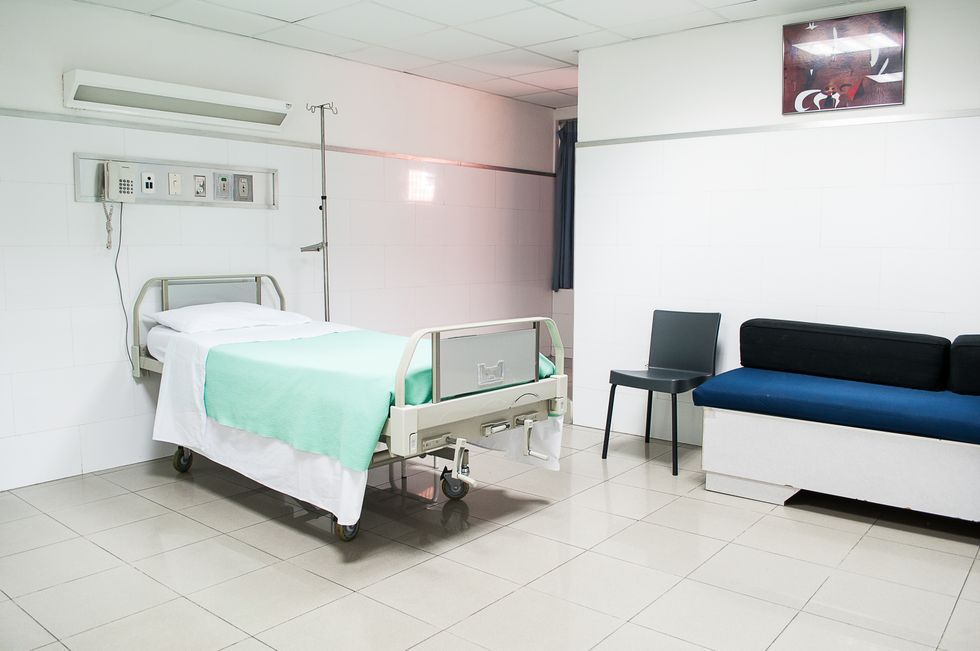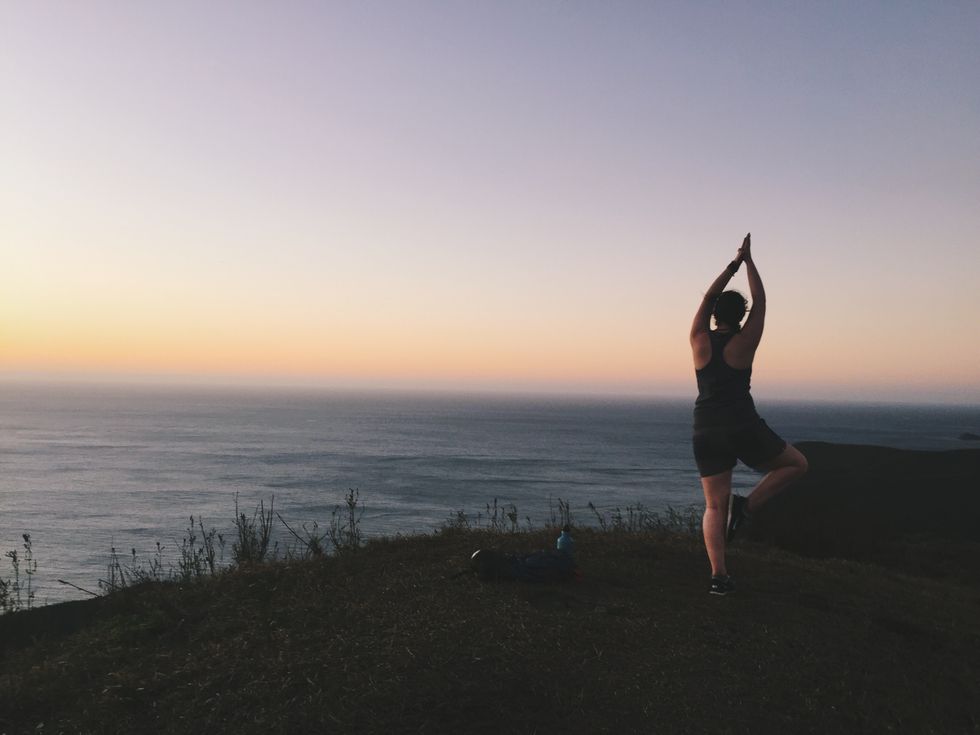When people hear the word "Arthritis" they usually think of old ladies with crooked fingers and a hip replacement. But I think of the little girl swinging her legs back and forth off the edge of a hospital bed while a doctor used a lot of big words to explain what boiled down to this: I have too many white blood cells, my immune system attacks itself, and I have a disease. It's called Arthritis and it could cause serious damage to my joints; and if I'm not careful, it will leave me unable to walk someday.
Six-year-old me didn't really know what to think about that. All I knew was that my wrists had been hurting for over a year and no one knew what was wrong. Until someone at Seattle Children's Hospital did. Without her, I would probably be writing this from a wheelchair right now.
Not only did I have Arthritis in my wrists, but it was in my knees, back, hands, feet, and pretty much everywhere else where my bones meet each other. That means I have Polyarticular Arthritis, where it affects more than five joints. All I knew was, it hurt. And as I got older, it hurt more, and in more places.
I wanted to write this article not only to disprove the misconceptions that only elderly people can get arthritis but to shed light on the thousands of other kids who didn't grow up running and playing with their friends.
This article is for the kids like me, who spent more time in a hospital room than on the playground. Now, I know this sounds like a pity party. But please don't feel bad for me, I had an incredibly happy childhood, with a few minor health setbacks. There were kids who had it much worse than I did, and I was lucky to be walking at all. My family rallied around me and gave me the best environment possible to have a normal, active childhood.
So, I was immediately put on a type of chemotherapy to calm down the inflammation in my joints. After that medication stopped working, I switched to a steroid injection (given to me by my patient father once weekly while I sat on the kitchen counter), which I was told might have some nasty side effects.
At about 10, I was gaining weight like crazy, losing hair, experiencing insane mood swings, and felt nauseous almost every day. But the pain in my joints had eased, so I put up with it for a few more years.
All in all, I tried not to let it impact my life too much. That being said, growing up with a disease most people don't even understand the effects of isn't all medication and hospital visits.
I was exhausted all the time because my body was working twice as hard just to keep me from getting sick. I turned down invitations to hang out with people left and right, and eventually isolated myself from a lot of my friends.
If you grew up with a health condition, I'm sure you understand the constant battle you fought between wanting to have fun, but knowing you would have to stay on the couch and let your body catch up all the next day.
After switching to yet another medication (12 small pills per day this time), things were finally evening out. I was almost 14 when I began to notice a plateau in my pain levels.
Basically, there was always a pain. Pain when I stood, squatted (while I still can't do for more than a few seconds), sat in one position for too long, or walking for long periods of time. And forget about running, I bet I haven't run more than a hundred yards in years. That's the absolute worst thing I could do for my fragile joints.
Yoga is my best bet at staying healthy and strong. However, even with all this pain, it became part of who I was.
I don't remember a time when my joints didn't hurt, so I don't spend my life wishing that they didn't.
Now, I'm 18, and healthier and happier than I've been in a long time. I (try to) go to yoga three times a week, eat as healthy as my college budget will allow, and walk more than ever before. Though the pain isn't gone, I've been off my medication for almost two years without an extreme pain increase and couldn't be happier.
With the side effects gone, I'm able to live my life without worrying about nausea setting in mid-lecture, or a piercing headache sending me home from school.
So if you take anything away from this article, understand that growing up with a condition like Arthritis is hard and painful, but it doesn't mean you can't have a healthy and happy life. If you have friends or family dealing with a serious health condition, be patient with them, and don't give them a hard time for wanting to stay in for yet another Friday night.
Lay on the couch with them, and don't pressure them into climbing a mountain when they can barely make it up the stairs. Trust me, some of my most appreciated memories of my most painful years were the nights when friends would come watch movies with me and nobody complained about missing a party.
Because even if only for a little while, I could forget that I wasn't able to run like they could.
* * *
P.S. If you're interested in learning more about Arthritis, or finding out how you can help, head to https://www.arthritis.org to take a look at the Arthritis Foundation's mission. My favorite way to contribute is participating in the Jingle Bell Walk in Seattle each year, which is a super fun 5k where everyone dresses up in holiday costumes and fills the streets for Arthritis awareness.












































